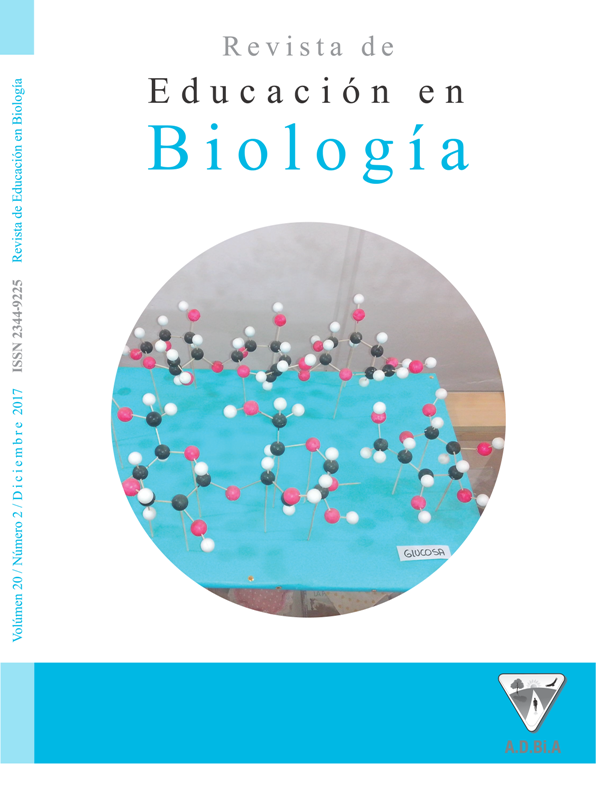Structuring Concepts and Interdisciplinary Approaches in the Teaching of Ecotourism in the Specialization in Alternative Tourism Curriculum (National University of Cordoba)
Main Article Content
Abstract
The work explores the opportunity, richness and versatility of Ecotourism teaching within the current educational context, on the basis of structuring concepts and approaches derived from Science. We present the analysis of a pedagogical and educational proposal considering the following: A) the current curricular location of this subject within the framework of the Specialization in Alternative Tourism curriculum at the National University of Córdoba; B) the preparation of a curriculum including the structuring concepts of conservation, diversity, otherness and sustainable development; C) the social-environmental framework of ecotourism, in the light of different inter- and trans-disciplinary fields and approaches (Conservation Biology, Anthropology of Tourism, Environmental Education and Ethnoecology); D) the planning of integration activities on the field in a protected area in the hills of Córdoba.
Downloads
Article Details

This work is licensed under a Creative Commons Attribution-NonCommercial-ShareAlike 4.0 International License.
Aquellos autores/as que tengan publicaciones con esta revista, aceptan los términos siguientes:- Los autores/as conservarán sus derechos de autor y garantizarán a la revista el derecho de primera publicación de su obra, el cuál estará simultáneamente sujeto a la Licencia de reconocimiento de Creative Commons que no se permite un uso comercial de la obra original ni de las posibles obras derivadas, la distribución de las cuales se debe hacer con una licencia igual a la que regula la obra original.
- Los autores/as podrán adoptar otros acuerdos de licencia no exclusiva de distribución de la versión de la obra publicada (p. ej.: depositarla en un archivo telemático institucional o publicarla en un volumen monográfico) siempre que se indique la publicación inicial en esta revista.
- Se recomienda a los autores/as difundir su obra a través de Internet (p. ej.: en archivos telemáticos institucionales o en su página web) después del proceso de publicación, lo cual puede producir intercambios interesantes y aumentar las citas de la obra publicada. (Véase El efecto del acceso abierto).

